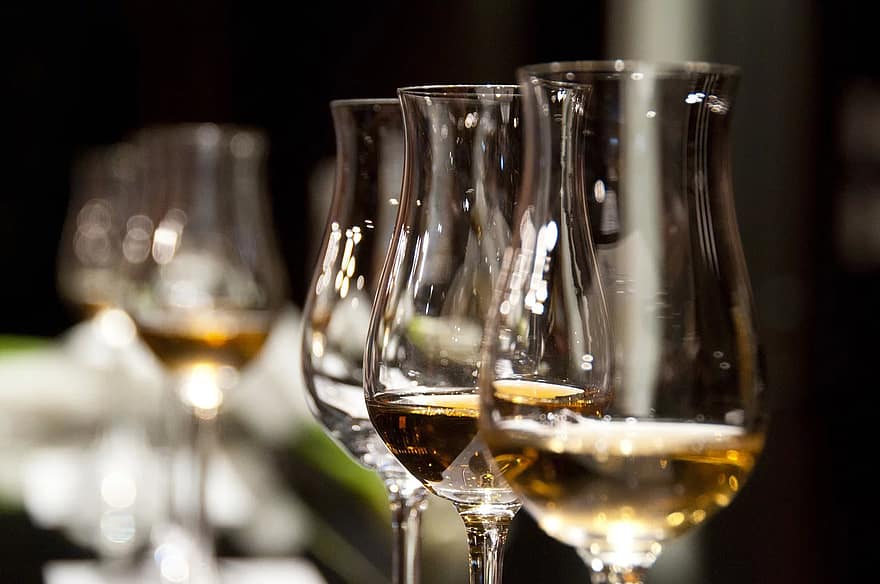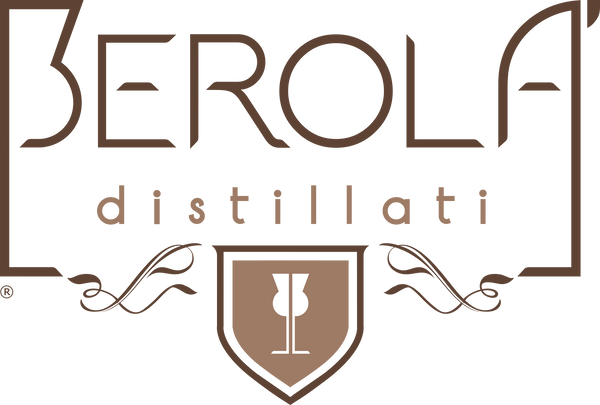
ECONOMIC CRISIS: SPIRITS LIKE GOLD
In times of economic crisis, spirits, as luxury goods, become a surplus compared to basic necessities but there are also those who do not want to give up the pleasures of life. In a phase of strong economic uncertainty, there are those who decide, with good reason, to differentiate their investment portfolio by focusing on spirits as a safe haven asset; the reason is to be found in the intrinsic characteristics of this type of product.
Like gold, alcohol does not fear the passage of time and, leaving aside the stock market, even just purchasing bottles selected from well-established companies and small emerging businesses could lead to an increase in the value of the invested capital. Distillates are stable; if well preserved they improve over the years and the limited runs of some productions guarantee the scarcity requirement that is needed to give value to a market.
Going into detail, it is interesting to understand why aging in wood generally gives greater economic value to a production.
The alcohol inside the barrels evaporates and there is a drop in yield which translates into a smaller quantity of bottles that can be sold by the company for the same production work carried out, to which the costs of the barrel must be added. The choice of wood (cherry, oak, ash, birch, etc.) will therefore be a discriminating factor in determining the value of our spirits.
The aging time is a parameter that contributes to increasing the value because over the years the drops in yield increase and the distillery has tied up capital as well as having additional warehouse and processing costs. However, the years of aging must be contextualized with respect to the size of the barrel and the climatic parameters: the greater the volume of the barrel, the lower the drop in yield will be and the aging will be slowed down; aging in the Caribbean, with a higher average temperature than in Scotland, will lead to significantly higher yield drops.
The aging parameters such as humidity, temperature and pressure will also contribute to characterizing the production: a very humid cellar will lead to a decrease in the alcohol content of the barrel with a very slight drop in the overall volume as the alcohol is hygroscopic and absorbs humidity, vice versa a A very dry cellar will lead to a loss of both alcohol and water, affecting less the alcohol content and more the overall volume of the barrel, determining a different evolutionary line. To give value to its work, the distillery will then have to choose whether to use new barrels or second passage barrels, used not so much for the lower cost, but for a lighter release of tannin and to give the distillate notes of the previously contained liquid which are released from the pores of the wood (e.g. ex Sherry or ex Bourbon barrels).
So those who know the real value of a production will be able to guarantee themselves a few bottles to forget in the cellar and if the crisis lasts longer than expected, no big deal, we will always have a bottle to taste that can reconcile us with our senses.
